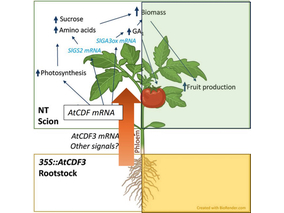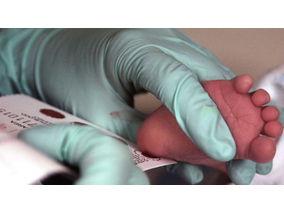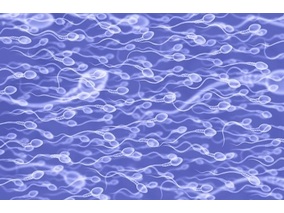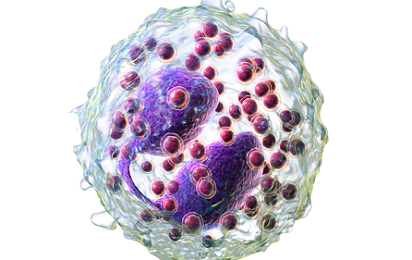The Department of Microbiology of the University of Barcelona, led by Dr Anicet Blanch, has launched the Drinking Water Library project in collaboration with Aigües de Barcelona, and the University of Valencia. This study will develop a database of bacteria associated with the microbiome of drinking water using MALDI-TOF mass spectrometry.
The project goal is to generate a reference library for the identification of bacteria present in water intended for human consumption that facilitates the routine use of the MALDI-TOF technique in water control laboratories, and water treatment and distribution operators.
This new tool could be used to detect bacteria, allowing swift action against any presence of bacteria that may pose a risk to public health. In this way, it will contribute to an improvement both in the safety and salubrity of the water supplied to the population, and in the efficiency of compliance with the national and European directives related to water intended for human consumption.
The study will be carried out based on a large number of samples of drinking water from various water treatment plants, supply networks, and bottled water. Taxonomic identification will be certified through the collaboration established with the Spanish Collection of Type Cultures of the 'Spanish Microbiology Society' based at the Department of Microbiology of the University of Valencia.
This project, with file number RTC-2015-4496-2, has been possible thanks to funding provided by the Spanish Ministry of Economy and Competitiveness through the 2015 "Retos-Colaboración" call of the National Programme for Research, Development, and Innovation Addressing Society Challenges—within the framework of the National Plan for Scientific and Technological Research and Innovation 2013-2016.
In the 2015 call, 13 projects were submitted through the FBG, the UB centre for knowledge, technology, and innovation transfer, and 7 of these projects were granted funding. These grants represent 1.022 M € in funding for the research groups of the UB.

AtCDF3 gene induced greater production of sugars a...

Un estudio con datos de los últimos 35 años, ind...

Un equipo de investigadores de la Universidad Juli...

En nuestro post hablamos sobre este interesante tipo de célula del...

Palobiofarma S.L. is pleased to announce the “last patient last visi...
Biotechnology portal in Spain
Subscribe to our newsletter and stay up to date with the latest news and deals!
2013 © Biotech-Spain.com - Site Developments SL. All Rights Reserved. Terms of Service | Privacy Policy
Articles
Directory
